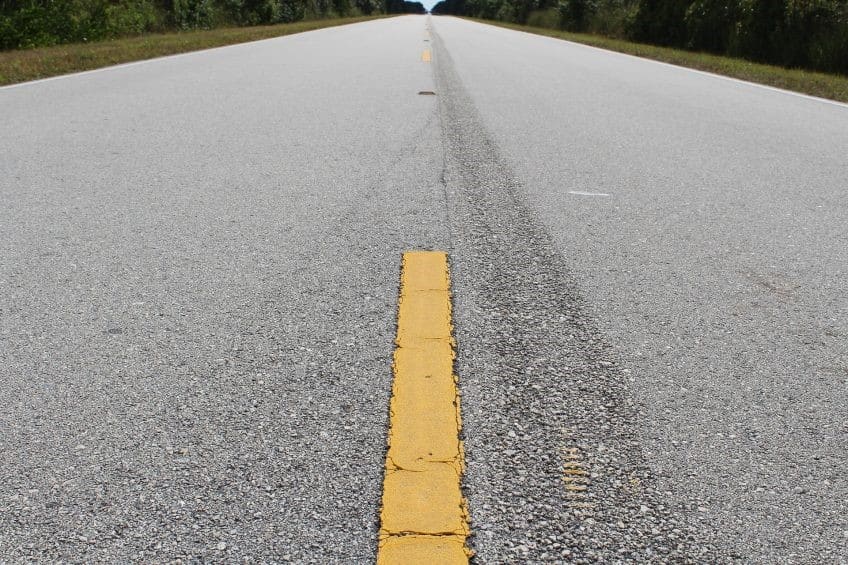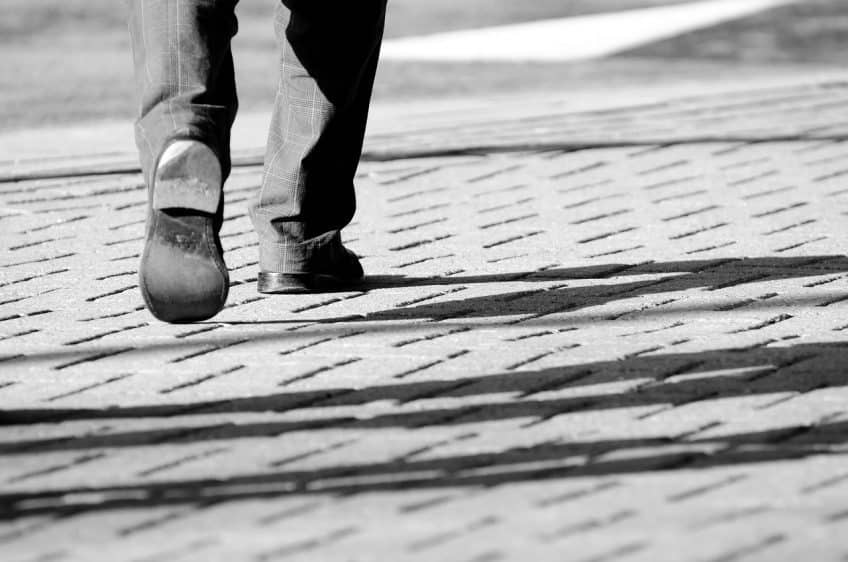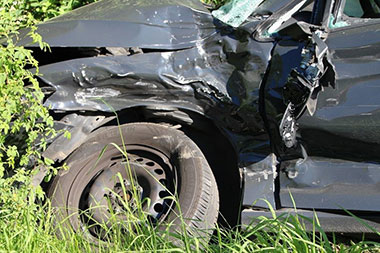Nursing Home Deaths After Hurricane Irma
News EventsFollowing Hurricane Irma in 2017, 12 people died at a nursing home in South Florida because of the heat of summer and a lack of functioning air conditioning without backup generators. The Florida Health Care Association and the Florida Justice Association are at odds with each other on how to make life better for those who have no choice but to live in nursing homes.
Representatives for the Florida Health Care Association are claiming that “trial attorneys” have “backed off agreements to limit nursing home litigation that were made in 2001 and again in 2014.” Legislative proposals for the 2018 session include $50 million in state funding for nursing homes (plus federal funding) and removing a cap on punitive damages that can be awarded in nursing home lawsuits.
The cap on punitive damages in nursing home cases is usually three times the compensatory damages or $1 million, whichever is greater (see section 400.0238, Fla. Stat.). The Florida Health Care Association representative said that “the trial bar is trying to take advantage of what happened in Hollywood Hills, and they are going back on their word from these negotiated pieces of legislation” and that the cap is a “very fair” cap.
Basic Functioning Of Government
It is fundamental that the basic function of any legitimate government is to provide a system that people’s needs are ultimately met. When that system breaks down, the government is no longer legitimate and should be replaced. How and why that happens is a subject for another day.
So when Hurricane Irma struck Florida and the nursing home lost power, the question becomes what should the law require of a nursing home in the event of an emergency. The answer to that question is basically what all of the wrangling in Tallahassee is about.
On one hand, nursing homes are entrusted with the safety of people who cannot take care of themselves. On the other hand, nursing homes are businesses that ultimately have to make a profit or else they will close their doors. When a crisis strikes, at what point do the nursing homes become legally responsible?
The People Should Decide Through The Courts
When things go wrong, people often look to their legislators to change the law in order to right a wrong. What those people don’t realize is that the problem is often not the law itself, but is instead a lack of financial motivation to do the right thing.
Caps on damages are inherently unfair and takes the power away from the people. Likewise, caps on damages limit what a jury can do to effect change. On the other hand, the nursing homes like caps on damages because it limits their exposure in the event that something bad happens that they should have done something about.
My argument is this-if society needs caps on damages to keep nursing homes in business, then isn’t the price of long term care (or state funding of it) inappropriate with all things considered? This goes back to the legitimacy of government itself as discussed above.
Societies are often judged by how the treat the infirm and the elderly. The elderly are people are cannot take care of themselves and often don’t have the means to pay for their long term care until death. This is not their fault and they should not be subject to inhumane living conditions. In contrast, a nursing home that cannot provide the basic accepted standard of living for its residents should not be in business.
With that being said, how can the answer to a nursing home crisis be that residents should have limited rights to sue for improper living conditions? Instead, isn’t the real solution that these nursing homes should be properly funded and inspected? And also, if nursing homes can’t stay in business doing that on their own, then doesn’t government have a responsibility to step in and appropriately fund (and inspect) nursing homes to ensure that the elderly are getting proper (but not luxurious) final living arrangements?
Should Nursing Homes Be Required To Have Backup Generators?
Having discussed above the legitimacy of government and the appropriateness of funding, nursing homes shouldn’t be required to have backup generators to run their air conditioners in the event of a crisis. Instead, the nursing homes should only be required to have an adequate plan in the event of an emergency to move residents to shelters (with or without air conditioning depending on the severity of the crisis). Liability should, therefore, only attach in the event that the emergency plan was either not implemented or was not adequate in light of all circumstances faced.
The Fight In Tallahassee Is Really About Profit
This fight is not really about backup generators and what it costs to install and maintain them. I don’t agree that raising the cost of long term care to include a requirement for backup generators is the right thing for society because it just means that nursing homes will ask the taxpayers to foot the bill. Backup generators to run air conditioning units are very big and require a lot of fuel to run commercial AC units. That fuel may not be readily available in the event of a major crisis, but before and after.
What is available at least before a crisis is knowing what you are going to do in the event that you lose power for a long period of time. This is where legal liability should attach and it should be up to the people to decide where that occurs so that there isn’t extraordinary waste of taxpayer funds.
At the same time, I also don’t agree that caps on damages are the appropriate way to bring down the cost of long term care. Placing a limit on a person’s liability just creates an end point for how much they care to fix problems. Just like what happened with the Ford Pinto lawsuits, at some point it can cost less to pay judgments than it does to fix the problem. This kind of lack of business ethics is what we should want to avoid as a society.
Seeking A Legal Opinion From An Attorney If You Have Questions
The decision to sue or not in any case is ultimately a function of who should pay for damage that has occurred. In some circumstances, the loss is completely unavoidable and there is no liability. In others, the loss is partly due to the fault of both the claimant and the person being sued. And in other circumstances, it is clear that liability rests on the person who being sued.
If you have questions about where the responsibility falls, you should reach out to a Lakeland personal injury attorney to discuss whether you or your loved one has a case for nursing home abuse. We can tell you what we think about the merits of your case as well as what we think about your chances of success. To obtain a free consultation on your nursing home case, call us today.


